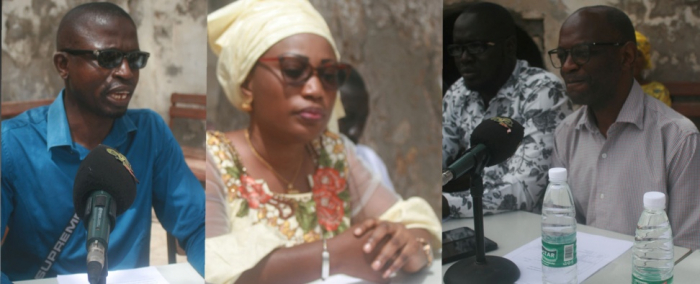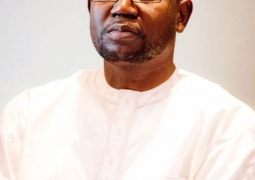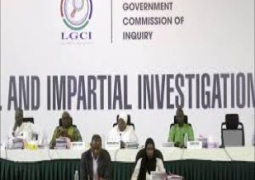
Lamin Jarjou, a senior programme officer of NATCOM UNESCO – The Gambia, who was speaking on behalf of the secretary general of NATCOM UNESCO at the recently celebrated Africa World Heritage Day held at Fort Bullen, Barra, said African properties account for some 12% of all inscribed sites worldwide.
He noted that a disproportionally high percentage (39%) of these properties is on the World Heritage Danger List “faced with various contemporary threats, such as climate change, uncontrolled development, poaching, civil unrest and instability.” And “many of Africa’s wonders risk losing their outstanding universal value.”
Meanwhile, every 3rd May, he disclosed, UNESCO encourages member states to celebrate this auspicious day – Africa World Heritage. The day was established during the UNESCO General Conference in 2015 to increase public awareness of the immense value and potential of Africa’s heritage. Beyond just celebrating heritage, the Day helps highlight its key role in achieving the Sustainable Development Goals for the 2030 Agenda and the African Union’s Agenda 2063.
Reading from the statement of the UNESCO director general on the 2021 African World Heritage celebration, he said: “As the world enters a second year of this devastating pandemic, engaging with our cultural and natural heritage remains crucial for humanity. This engagement helps to be more connected, more resilient, more able to protect the legacy of the past and hand it down to future generations.”
He continued with the message that “African World Heritage, which we celebrate every year, is essential, not only for the people of Africa, but for all of humankind.”
This year’s theme, he said, highlights culture, arts and heritage in the continent’s development, and “is keeping with the African Union’s 2021 theme of Arts, Culture and Heritage: Levers for Building the Africa We want.”
This, in particular underlined the role of African culture and heritage in furthering the development of Africa’s distinctive identity and economy.
In close collaboration with the African World Heritage Fund and other partners, “UNESCO is providing support to countries, site managers, heritage professionals and local communities to encourage the conservation, management, and promotion of African heritage,” he added.
Read Other Articles In Headlines

No prayer broadcasts, iftar in mosques as Saudi announces new Ramadan rules
Mar 14, 2023, 12:23 PM




